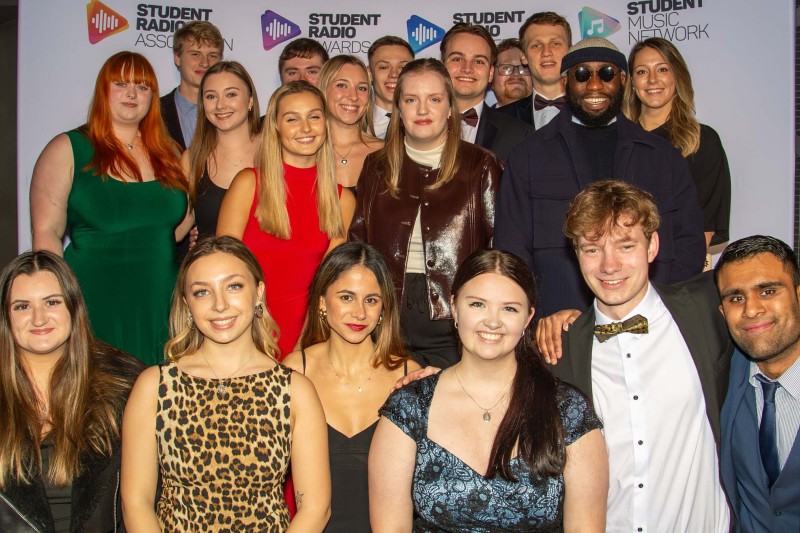Bournemouth University has announced a range of fully funded PhD studentships, with opportunities to work on research projects across a variety of subject areas.
The PhD studentship projects are aligned to BU’s core strategic investment areas of Assistive Technology, Animation, Simulation & Visualisation, Sustainability & Low Carbon Technology and Medical Science.
Candidates will also have the opportunity to work with external organisations on match-funded research projects, to broaden knowledge and experience and generate tangible real-world impact.
“Our PhD studentships are an integral part of the research at Bournemouth University and often have significant academic and societal impact,” said Dr Fiona Knight, BU’s Doctoral College Academic Manager.
All of BU’s fully funded PhD studentships include a maintenance grant of £15,000 per year to contribute towards living expenses during the course of the research, as well as a fee waiver for the 36 months of the studentship.
PhD candidates also have the support of a team of academic and professional support staff.
Agata Wezyk, a PhD student in the Psychology department at BU, said: “Although I had a lot of previous research experience, this project attracted me as a way to further master my skills and adapt to new opportunities including teaching, which gives me an opportunity to share the knowledge I am building.”
Another researcher whose work has benefited from the PhD studentship project is Dr Paul Whittington.
Paul has cerebral palsy and undertook a PhD studentship project in Assistive Technology, a growing area of research, as he has a passion for improving the quality of life for those with disabilities.
Having already achieved a first class honours degree in BSc Computing at BU, he went straight into his doctoral study to further improve the SmartATRS system that he developed during his final year degree project.
“I use ATRS to transport my powered wheelchair. SmartATRS enables the lift, seat and tailgate to be controlled from a smartphone instead of from the small keyfobs,” said Paul. “SmartATRS significantly improved the usability of ATRS.”
Through his PhD studentship, Paul was then able to focus on a new innovation, the SmartPowerchair, working closely with industrial partners and people with disabilities from the local community to drive his research forward.
“Collaboration has been initiated between Bournemouth University and Dynamic Controls - a global supplier of control systems for powerchairs - to derive stakeholder requirements for the SmartPowerchair,” he said.
After completing his doctoral studies, Paul is now further developing his work at BU as a Post-Doctoral Researcher in Assistive Technologies in the Faculty of Science and Technology.



